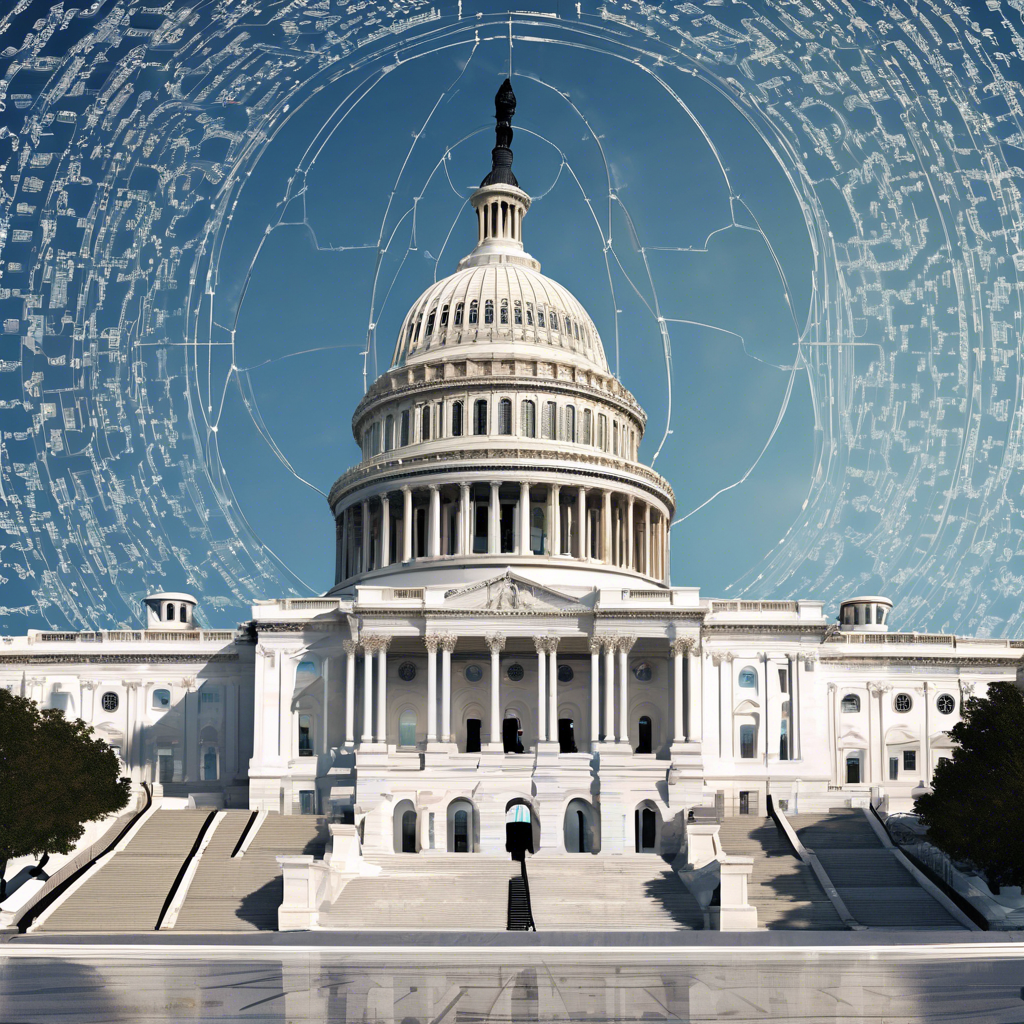Biden Administration Targets AI Tech Distribution to China

The Joe Biden administration is expected to announce regulations as soon as Friday that will limit the global distribution of artificial intelligence technology, with a specific focus on China. This move has sparked concern within the tech industry. The administration is wary of AI's potential to advance China's military capabilities. While AI chips can be used in consumer products like phones, they can also be used in military applications such as drones. "Semiconductors will be central to future warfighting capabilities, " noted Scott Jones, a senior nonresident fellow at the Stimson Center. This concern is a key driver behind the Biden administration’s efforts to restrict the proliferation of AI chips and chipmaking technologies. According to Gregory Allen from the Center for Strategic and International Studies, these new measures categorize countries into distinct groups. Some U. S. allies will have unrestricted access to AI chips, while other countries, including China, will be entirely restricted from obtaining them. "There’s also a group of countries with limited access, subject to specific conditions and limitations on the amount of AI chips they can purchase, " Allen explained.
These rules represent a more aggressive attempt to control AI technology access than previous measures. "It began with China, but now the U. S. is looking to regulate the global distribution of these chips, " added Peter Lichtenbaum, a partner at Covington & Burling law firm. Some tech companies, like those represented by Jason Oxman, president of the Information Technology Industry Council (which includes Apple, Intel, and Amazon), are not pleased with the anticipated regulations. "It's a really bad idea, " Oxman remarked. "We're discussing not only limiting access to concerning nations but also restricting our global allies, " Oxman warned, suggesting this could push these allies to seek alternatives and weaken U. S. industrial leadership. Gregory Allen from CSIS highlighted that the administration’s efforts have already slowed China’s AI development. "China is looking pretty stuck, " he stated. However, China might retaliate with its own export controls and sanctions against the U. S.
Brief news summary
The Biden administration is introducing regulations to oversee the international distribution of artificial intelligence (AI) technology, primarily to prevent China from acquiring AI chips for military purposes. These chips are essential for technologies like drones, explains Scott Jones from the Stimson Center. The policy will differentiate countries: U.S. allies will be exempt, China will be banned, and a middle group will have conditional access, according to Gregory Allen from the Center for Strategic and International Studies. This move is part of a broader U.S. strategy to control the global flow of AI technology, representing a decisive shift toward proactive regulation. Peter Lichtenbaum from Covington & Burling underscores the U.S.'s goal to regulate AI globally. Yet, Jason Oxman from the Information Technology Industry Council warns that these regulations might negatively impact U.S. allies and compromise American industrial leadership. While the intention is to curb China's AI advancements, there are concerns about potential retaliation from China through export controls and sanctions against the U.S., notes Gregory Allen.
AI-powered Lead Generation in Social Media
and Search Engines
Let AI take control and automatically generate leads for you!

I'm your Content Manager, ready to handle your first test assignment
Learn how AI can help your business.
Let’s talk!
Hot news

U.S. Senate Debates Federal Moratorium on State-L…
The U.S. Senate is debating a revised proposal to impose a five-year federal moratorium on state-level artificial intelligence (AI) regulations amid concerns about AI’s rapid development and its impacts on privacy, safety, and intellectual property.

Robinhood plans to launch its own blockchain, off…
Customers will gain access to stock tokens representing over 200 different companies and can trade them 24 hours a day, five days a week.

Sovereignists vs. Globalists: Why blockchain’s la…
This guest post by Adrian Brinkn, Co-Founder of Anoma and Namada, argues that decentralization is widely misunderstood in the blockchain industry—it has become a mere slogan rather than a meaningful objective.

Siemens Appoints AI Expert from Amazon
Siemens, a global technology leader, has appointed Vasi Philomin, a seasoned former Amazon executive, as its new Head of Data and Artificial Intelligence.

African blockchain currency exchange aims to brea…
Ogbalu highlighted that airlines are a significant focus for the marketplace’s efforts to simplify the repatriation of earnings.

HPE finally gets green light to buy Juniper and t…
Hewlett Packard Enterprise Co.

US House Passes Crypto Bill To Promote Blockchain…
The US House of Representatives has moved forward with new bipartisan crypto legislation aimed at encouraging blockchain adoption across various sectors and enhancing the nation’s competitiveness through federal support.

 Auto-Filling SEO Website as a Gift
Auto-Filling SEO Website as a Gift








 Auto-Filling SEO Website as a Gift
Auto-Filling SEO Website as a Gift

